Tosca Interview Questions and Answers for 2025
4.9 out of 5 based on 12578 votesLast updated on 31st Mar 2025 22.9K Views
- Bookmark

Preparing for a Tosca interview in 2025? This blog covers essential questions and answers, from basic to advanced Tosca concepts, to help you succeed.

Tosca, developed by Tricentis, is a leading test automation tool that provides a scriptless and model-based approach to testing. As companies increasingly adopt DevOps, Agile, and Continuous Testing methodologies, the demand for Tosca experts is skyrocketing. Organizations worldwide seek professionals skilled in Tosca automation to streamline their testing processes and enhance software quality.
If you're preparing for a Tosca interview in 2025, this blog will guide you through essential interview questions and answers, covering basic, intermediate, and advanced Tosca concepts. Additionally, enrolling in Tosca Online Training can significantly improve your understanding of test automation, providing hands-on experience with real-world scenarios.
Table of Contents
- Basic Tosca Interview Questions
- Intermediate Tosca Interview Questions
- Advanced Tosca Interview Questions
- Real-world scenarios and Use Cases
- CI/CD Integration with Tosca
- Best Practices and Optimization Strategies
1. Basic Tosca Interview Questions
Q1. What is Tosca, and why is it used?
Tosca is an advanced test automation tool developed by Tricentis. It provides a scriptless, model-based approach that allows users to automate test cases efficiently. Organizations prefer Tosca due to its AI-driven capabilities, seamless integration with DevOps, and continuous testing support.
By mastering Tosca, professionals can improve their career prospects significantly. Many companies encourage employees to undergo Tosca Certification and related training programs to strengthen their expertise.
Q2. What are the key features of Tosca?
Tosca, developed by Tricentis, offers a range of powerful features that make it a preferred choice for test automation. These include:
- Scriptless Test Automation (Model-Based Approach) – Eliminates the need for complex scripting by allowing test automation through a visual model.
- Test Data Management – Helps in efficient test data creation and management for seamless execution.
- API and UI Testing – Supports comprehensive end-to-end testing by integrating both API and UI validation.
- Service Virtualization – Simulates unavailable components to ensure smooth testing in a CI/CD environment.
- Continuous Testing in CI/CD Pipelines – Integrates seamlessly with Jenkins, Azure DevOps, and GitLab CI/CD for automated validation.
- Risk-Based Testing (RBT) – Prioritizes test cases based on business impact, improving software quality while optimizing test execution efforts.
Boost Your Tosca Skills with Training in Noida
Noida has emerged as a major IT and software development hub in India, attracting companies that require skilled automation testers proficient in Tosca. Professionals looking to enhance their expertise can enroll in Software Testing Training in Noida, which provides in-depth insights into test automation tools, including Tosca.
Additionally, a Software Testing Course in Delhi can help learners master automation frameworks, test management, and CI/CD integration, ensuring they stay competitive in the industry.
By gaining hands-on experience through structured training programs like Software Testing Training in Noida, professionals can significantly improve their Tosca skills and expand their career opportunities in test automation.
Q3. What is the difference between Selenium and Tosca?
Selenium and Tosca are both widely used test tools, but they differ significantly in terms of features, approach, and usability. Below is a comparison between the two:
Feature | Selenium | Tosca |
Approach | Code-based automation | Scriptless, model-based automation |
Ease of Use | Requires programming knowledge (Java, Python, C#) | No coding required, uses a drag-and-drop interface |
Test Type | Primarily for web applications | Supports web, mobile, API, database, and BI testing |
Integration | Integrates with CI/CD tools but requires additional setup | Seamless integration with DevOps pipelines |
Test Data Management | No built-in test data management | Has Tosca TDS for dynamic test data management |
Maintenance | High maintenance due to script-based approach | Low maintenance with self-healing automation |
Reporting | Basic reporting, needs third-party tools | Built-in detailed test execution reports |
AI & Self-Healing | No AI-driven automation | AI-powered test case updates and self-healing capabilities |
Which One Should You Choose?
- If your project requires open-source flexibility and you have a strong development team, Selenium is a great option.
- If your organization follows Agile and DevOps practices and seeks a scriptless, scalable, and AI-driven testing solution, Tosca is the better choice.
Q4. What is Tosca Commander?
Answer: Tosca Commander is the main interface where users:
- Create, edit, and manage test cases
- Execute automated test scenarios
- Maintain test artifacts and manage execution logs
For better mastery of Tosca Commander, enrolling in Software Testing Online Classes can provide hands-on learning with real-world use cases.
Also Read This:
Introduction to Karate Framework
List Of Software Testing Tools
2. Intermediate Tosca Interview Questions
Q5. What is Model-Based Test Automation (MBTA) in Tosca?
Answer: Model-Based Test Automation (MBTA) eliminates the need for scripting by allowing testers to create models of business processes instead of writing traditional test scripts. MBTA ensures:
- Automatic updates to test cases when application changes occur
- Reduced maintenance efforts
- Faster test case creation
Enrolling in an ISTQB Certification Course Online can help testers understand different automation techniques, including MBTA, and how they fit into broader software testing methodologies.
Q6. What is the role of Tosca Test Data Service (TDS)?
Answer: Tosca TDS is a centralized test data management service that:
- Removes dependency on hardcoded test data
- Enables data-driven testing across multiple test scenarios
- Supports integration with external databases
Gaining hands-on experience through Database Testing Training can significantly improve understanding of TDS and its application in automated testing workflows.
Q7. How does Tosca support API Testing?
Answer: Tosca provides robust API testing capabilities, including:
- Service virtualization to simulate unavailable APIs
- Data-driven API testing for dynamic validation
- SOAP and REST API testing
- Integration with CI/CD pipelines for automated testing
Taking an API Testing Online Course can further strengthen your understanding of Tosca’s API testing functionalities and improve job prospects in the automation domain.
3. Advanced Tosca Interview Questions
Q8. How does Tosca integrate with CI/CD pipelines?
Answer: Tosca seamlessly integrates with various CI/CD tools, including:
- Jenkins, Azure DevOps, and GitLab CI/CD for automated execution
- Docker and Kubernetes for executing tests in containerized environments
- Tricentis qTest for test case and defect management
Learning Jira Online Training can also help testers understand how to manage automated test cases and defects efficiently in Agile environments.
Q9. How can you handle test execution failures in Tosca?
Answer: Tosca offers various mechanisms to handle failures effectively:
- Automatic recovery scenarios to continue execution after failures
- Retry mechanisms to handle temporary failures
- Debug mode execution for troubleshooting issues
- Parallel execution to isolate failing test cases
Many organizations require professionals skilled in failure analysis, making Tosca Certification a valuable credential.
Q10. What is Tosca BI Testing?
Answer: Tosca BI Testing ensures data accuracy by automating the validation of business intelligence reports. Key features include:
- ETL testing to verify data transformation
- Data integrity checks across multiple sources
- Dashboard validation for accurate reporting
4. Real-World Scenarios and Use Cases
Scenario | Tosca Approach |
Web application testing | Model-based automation with UI scanning |
API Testing | SOAP/REST API validation with service virtualization |
Data-driven testing | Uses TDS for dynamic test data |
CI/CD pipeline testing | Integration with Jenkins, Azure DevOps |
Mobile app testing | Uses Appium integration |
Tosca Training and Jira Online Training can help professionals gain expertise in handling real-world test automation challenges.
5. CI/CD Integration with Tosca
Jenkins + Tosca Integration:
- Install the Tosca Jenkins Plugin
- Create an ExecutionList in Tosca
- Trigger Tosca test cases automatically after each code commit
Azure DevOps + Tosca:
- Use Tosca within Azure DevOps pipelines
- Automate API testing as part of deployment workflows
- Generate test execution reports for better visibility
To excel in CI/CD testing, consider enrolling in Software Testing Online Classes, which cover various test automation strategies.
6. Best Practices for Tosca Automation
1. Use Risk-Based Testing (RBT) to Optimize Test Execution
Risk-based testing (RBT) allows organizations to prioritize test cases based on business impact, likelihood of failure, and severity of defects. By identifying high-risk areas early, teams can allocate testing resources more effectively, ensuring that critical functionalities receive the most attention. This approach enhances software quality while optimizing testing time.
2. Implement Parallel Test Execution for Faster Results
Parallel test execution is essential for improving test efficiency, particularly in large and complex applications. By running multiple test cases simultaneously, organizations can significantly reduce overall test execution time. Tosca supports parallel execution across different environments, including cloud-based and on-premises infrastructures, making it a powerful solution for large-scale test automation.
3. Utilize Tosca Test Data Service (TDS) for Better Test Data Management
Tosca’s Test Data Service (TDS) enables dynamic and centralized test data management, reducing dependency on hardcoded values. This approach ensures data reusability, consistency, and better control over data-driven testing. Effective test data management improves test reliability and reduces maintenance efforts.
Other Related Courses:
Automation Software Testing Course
Manual Testing Online Training
Playwright Automation with JS Course
Playwright with TypeScript Course
Conclusion
Preparing for a Tosca interview requires strong theoretical knowledge, hands-on experience, and certification training. By mastering Tosca’s automation capabilities through Tosca Training, certification, and Database Testing, professionals can stay ahead in the competitive job market. Additionally, enrolling in courses like ISTQB Certification Course, API Testing Course, and Jira Training will provide a well-rounded understanding of software testing, making candidates more valuable to employers.
Subscribe For Free Demo
Free Demo for Corporate & Online Trainings.
Your email address will not be published. Required fields are marked *
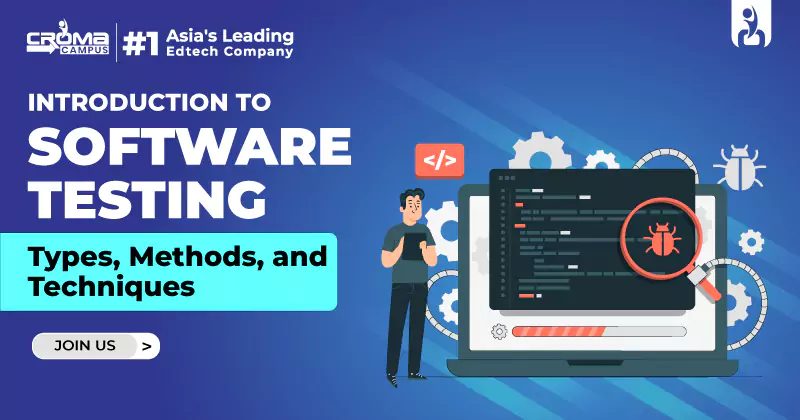
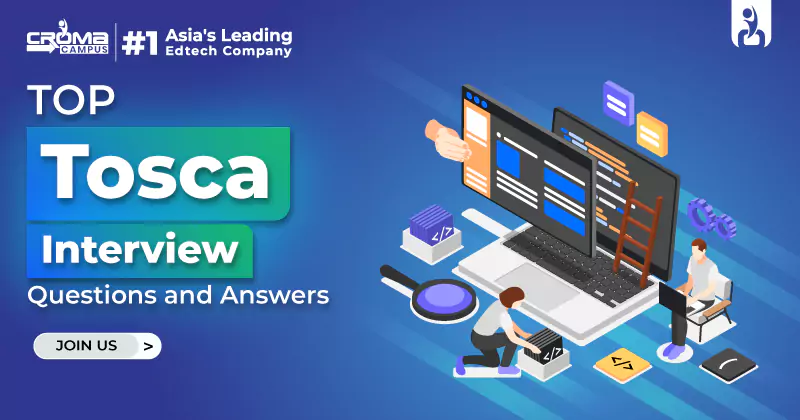
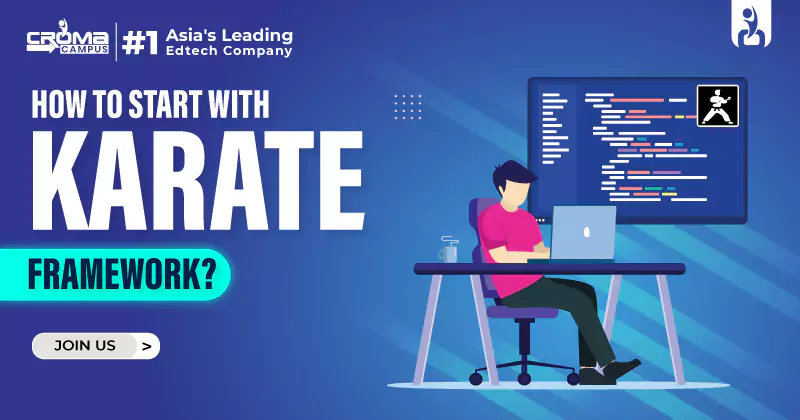
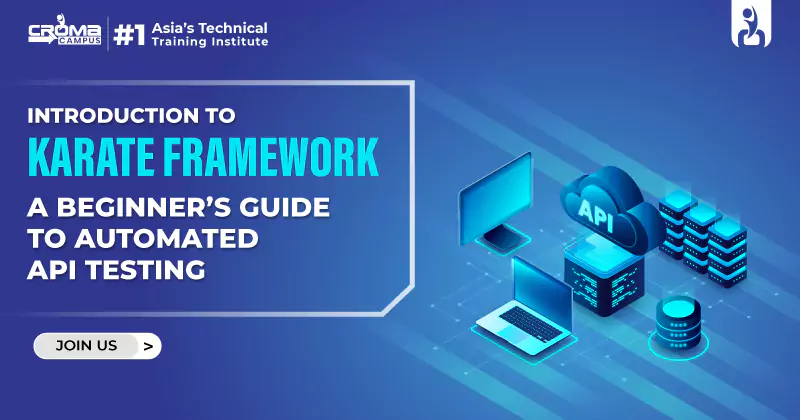
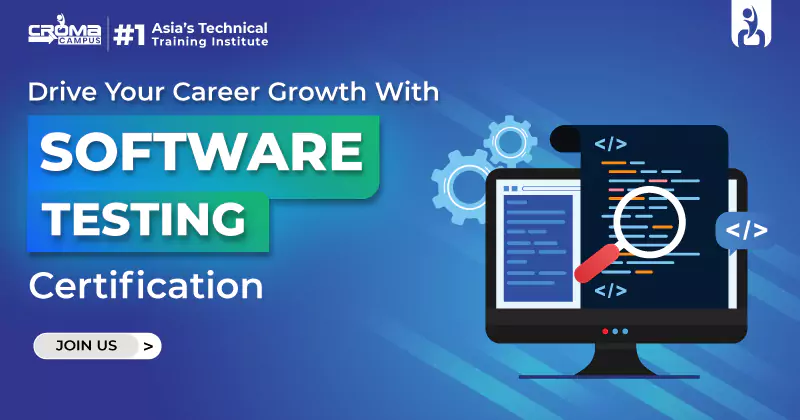
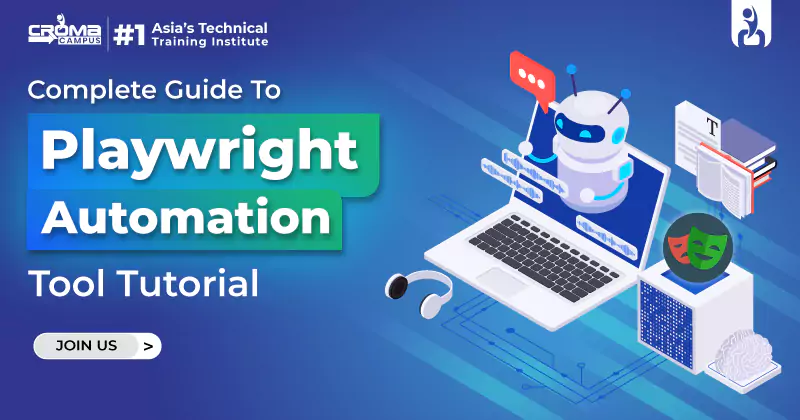
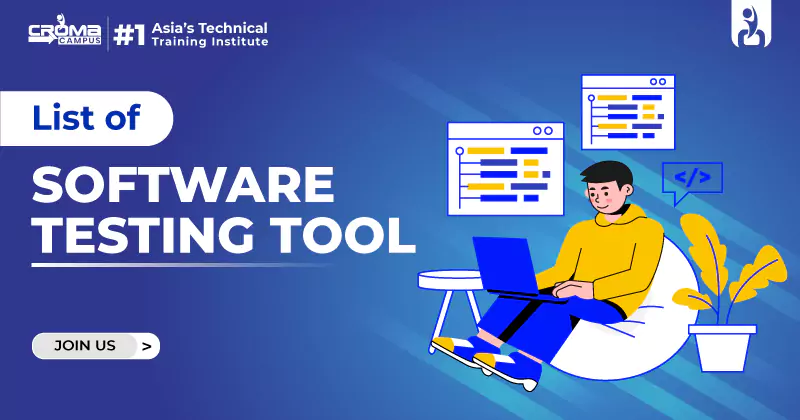
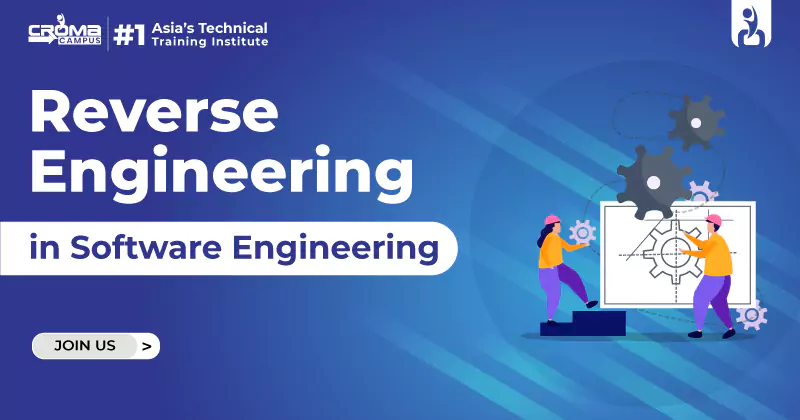
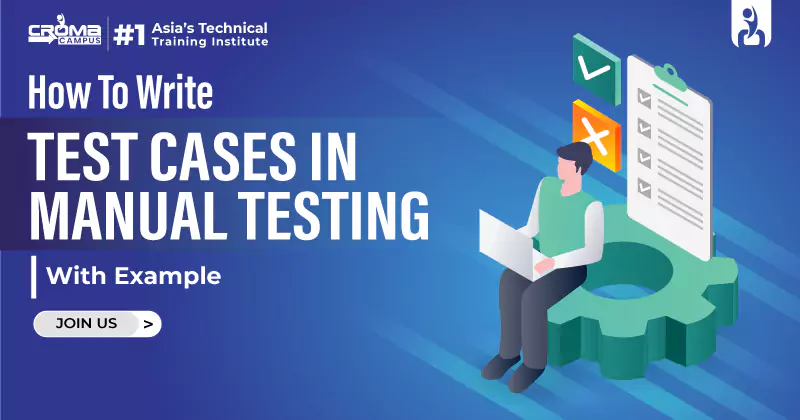
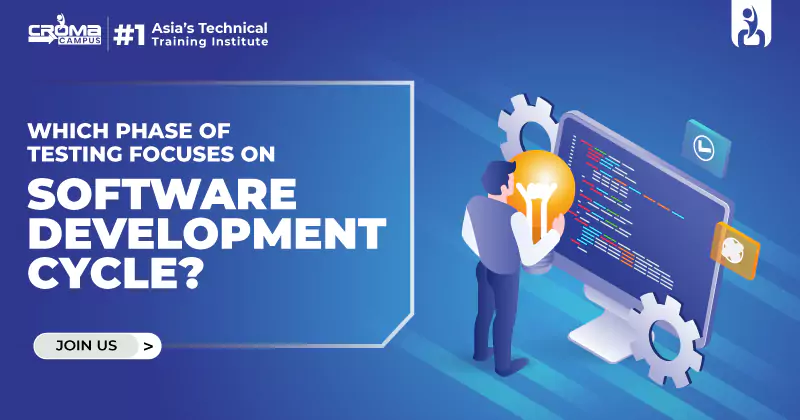
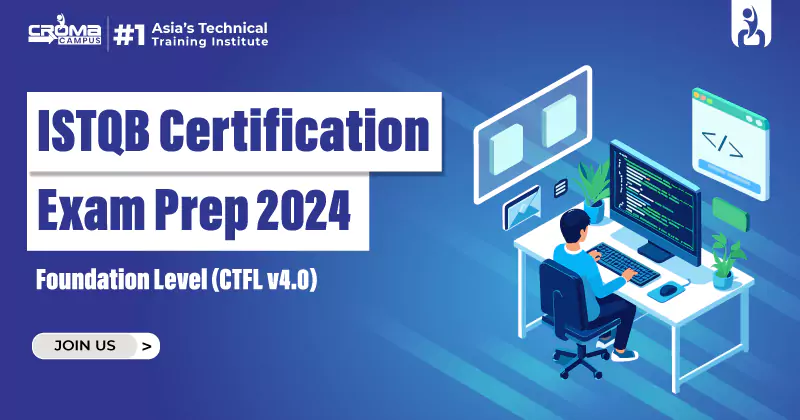
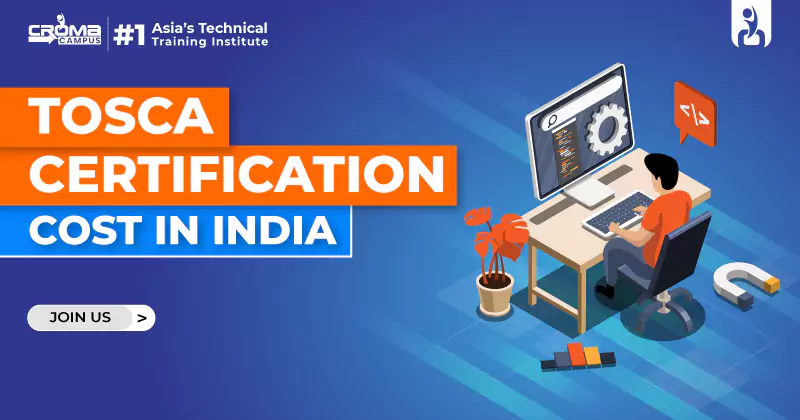









 Master in Cloud Computing Training
Master in Cloud Computing Training